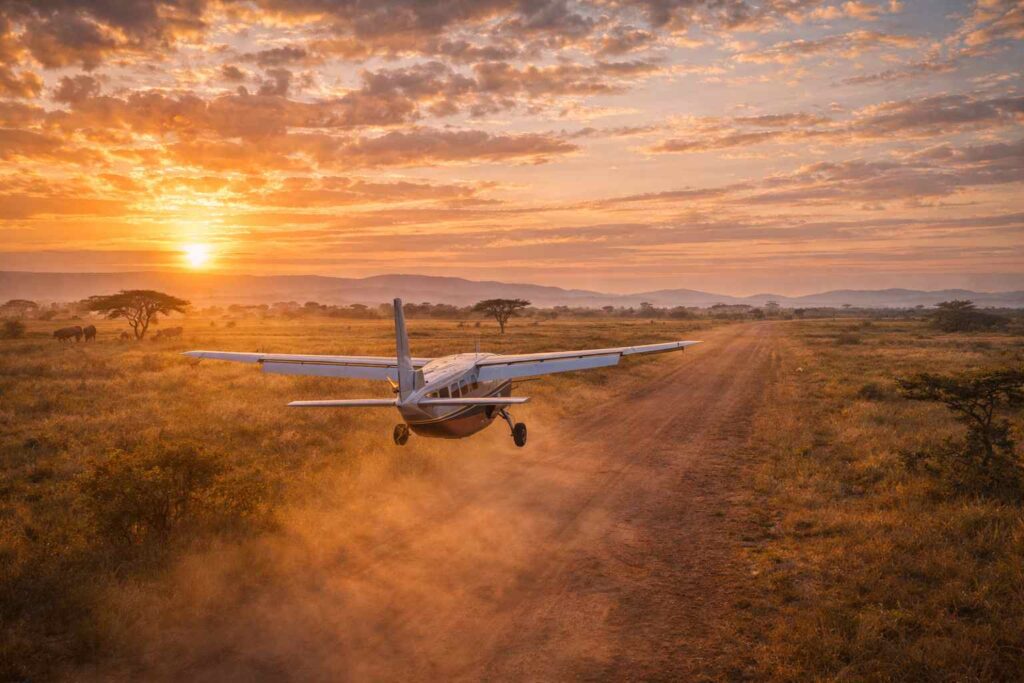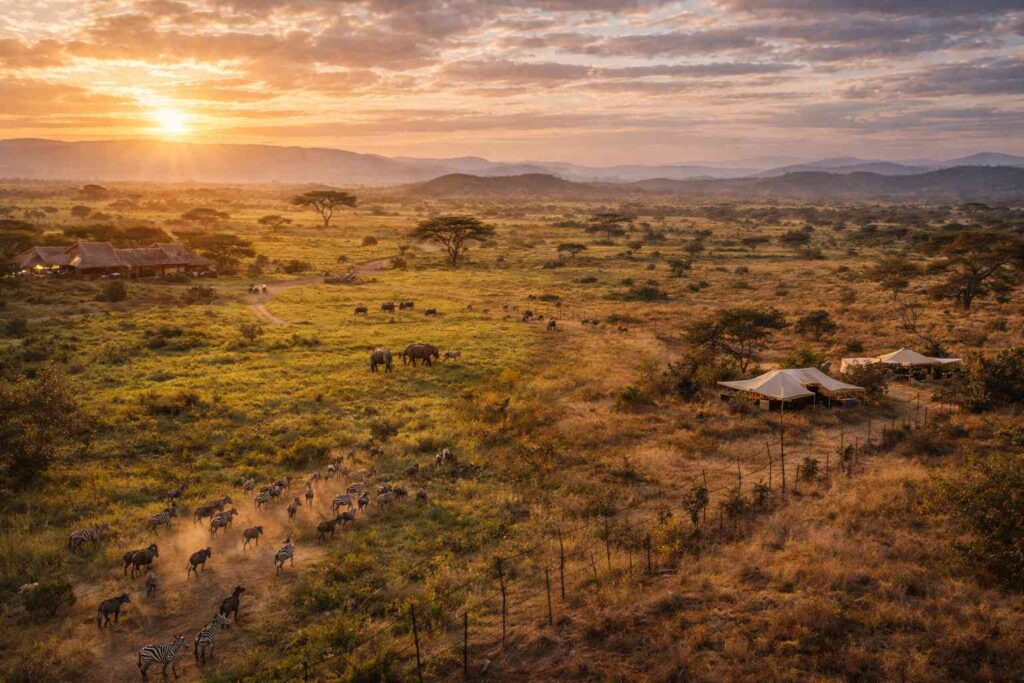Embarking on an African safari is an unforgettable adventure—thrilling wildlife encounters, awe‑inspiring landscapes… and, yes, sometimes unfamiliar food and safety water sources in safari. This guide dives deep into how to stay healthy, what to expect at lodges, and how to savor the journey without worrying about gastrointestinal surprises.
Understanding the Gastrointestinal Risks
When you’re far from home, your digestive system might be less tolerant of new bacteria and water-borne pathogens. Common culprits include:
- E. coli, Salmonella, and norovirus, often found in contaminated water or undercooked food.
- Diarrhea and “traveler’s tummy,” which impact up to 30–70% of international travelers depending on the region.
Some key factors that increase risk:
- Untreated tap water or ice cubes.
- Raw or undercooked meats, shellfish, and eggs.
- Fresh produce washed in unsafe water.
- Street food vendors with limited food safety practices.
What safari lodges typically provide
Most reputable lodges cater to health-conscious travelers. Here’s what to expect:
Water
- Bottled water, water dispensers with sealed containers, or boiled/filtered water are widely available.
- Ice is usually made from purified water. Still, if concerned, skip drinks with ice.
Food
- Menus often focus on cooked‑to‑order and freshly prepared items.
- Lodge chefs know travelers’ sensitivities and commonly use strict hygiene protocols and local sourcing practices.
- Buffets (if available) are typically maintained at safe temperatures and cleaned frequently.
Special dietary needs
- Lodges usually accommodate vegetarian, vegan, gluten-free, and other dietary requests.
- Inform your safari operator and lodge in advance to ensure there’s time to prepare safely.
What you can eat (and what to avoid)
| Recommended Foods | Foods to Approach with Caution |
|---|---|
| Freshly cooked meats and fish thoroughly done at lodge | Raw or undercooked meats (e.g., steak tartare) |
| Well-washed fruits and vegetables, peeled if needed | Salads or sliced raw fruit unless washed with purified water |
| Boiled rice, pasta, and stews | Unpasteurized dairy (like some local cheeses) |
| Hot beverages (tea, coffee) made with boiled water | Street food from vendors with unknown hygiene practices |
| Bottled or treated water | Untreated tap water, fountain water, or homemade ice cubes |
Smart traveler tips to avoid illness
- Trust sealed bottled water or carry a portable filter/UV purifier.
- Skip ice in drinks unless you’re sure it’s from purified water.
- Eat hot, freshly cooked meals instead of buffets.
- Peel fruit yourself, like bananas or oranges.
- Wash hands frequently or use hand sanitizer, especially before eating.
Handling minor illness on safari
Even with precautions, minor stomach upset may happen. Here’s what to do:
- Carry a basic travel health kit: oral rehydration salts, antidiarrheals, and a mild antibiotic (if doctor‑prescribed).
- Stay hydrated with bottled or treated water.
- Avoid heavy foods until symptoms subside.
- Major lodges and camps typically have protocols or medical contacts for emergencies.
In summary
African safari lodges are generally well-prepared to offer safe, delicious meals and water—but by staying informed and cautious, you can enjoy every day without health worries. With a bit of foresight and the right practices, you’ll focus on unforgettable landscapes and wildlife, not gastrointestinal woes.
Food and water safety on safari is absolutely manageable with proper awareness and a few smart habits. By choosing sealed or treated water, eating freshly cooked foods, and being mindful of hygiene, you’ll stay healthy and energized throughout your journey. Ready to embark on your dream safari?
FAQs about food and water in safari
Yes, hot drinks are typically made with boiled water and are safe.
Generally yes, if made from purified water—but check first or skip if unsure.
Wash your hands often and use hand sanitizer, especially before meals.
Minor cases can be managed with rehydration and basic meds; serious symptoms require contacting lodge medical support.






